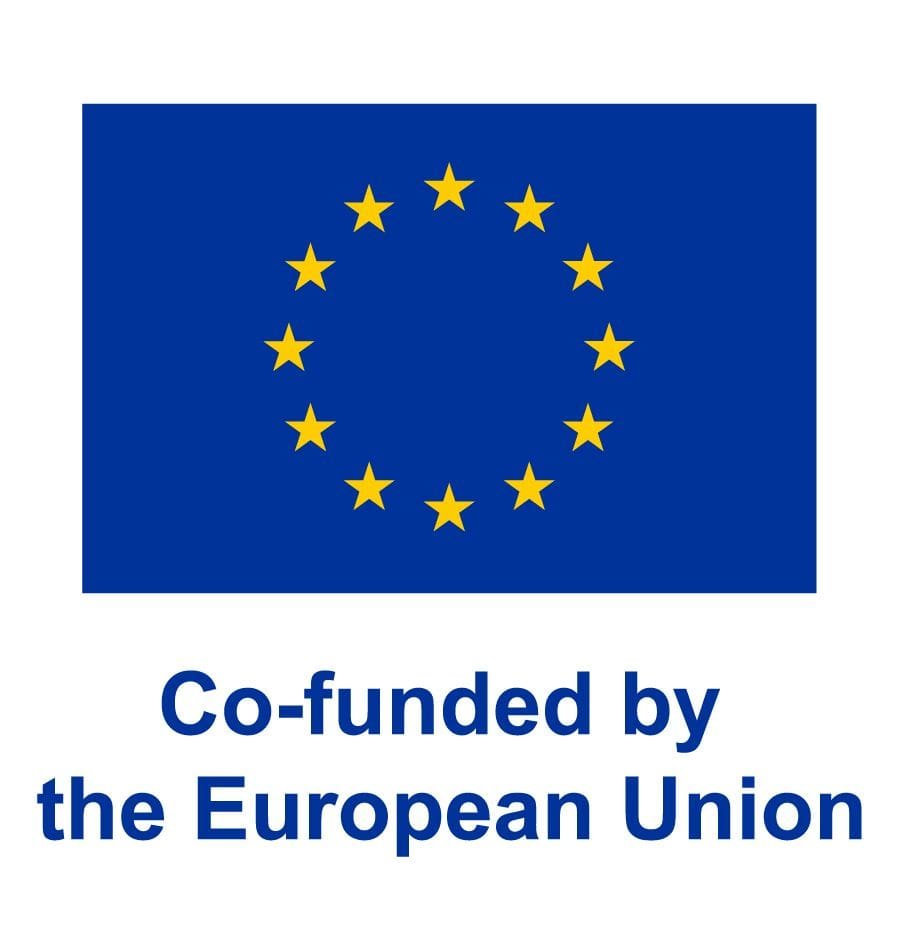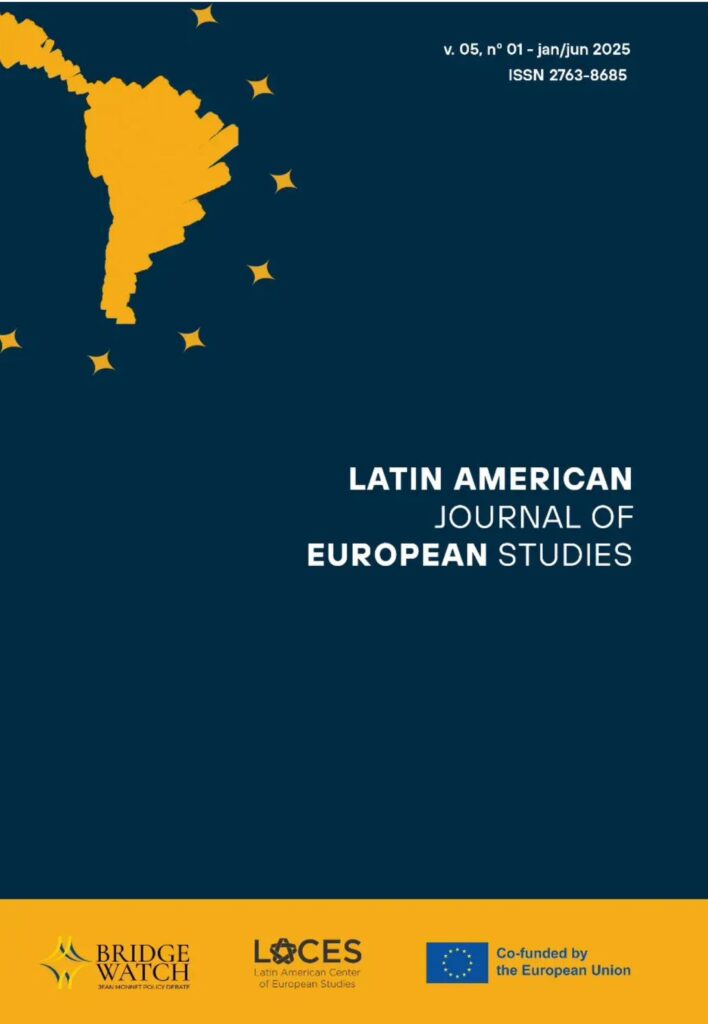Democracy; Democratic Clause; Integration.
Resumo
We often talk about respect for democratic institutions as a prerequisite for existence or participation in regional integration processes, we take democracy for granted as an axiom in our society. Though, this has not always been the constant, it occurred through conquests in complex scenarios where integration processes such as MERCOSUR, even before its official incorporation, have developed a key role in the democratizing wave of the second half of the 20th century in South America, from the example of the European Union. This work aims to vary the predominant approach that presumes or presupposes democratic institutions as a premise for subsequent integration, contemplating integration itself, from a historical and geopolitical point of view, as an important catalyst element in the advent of current freedoms. Also exploring the current and upcoming challenges in this regard.


